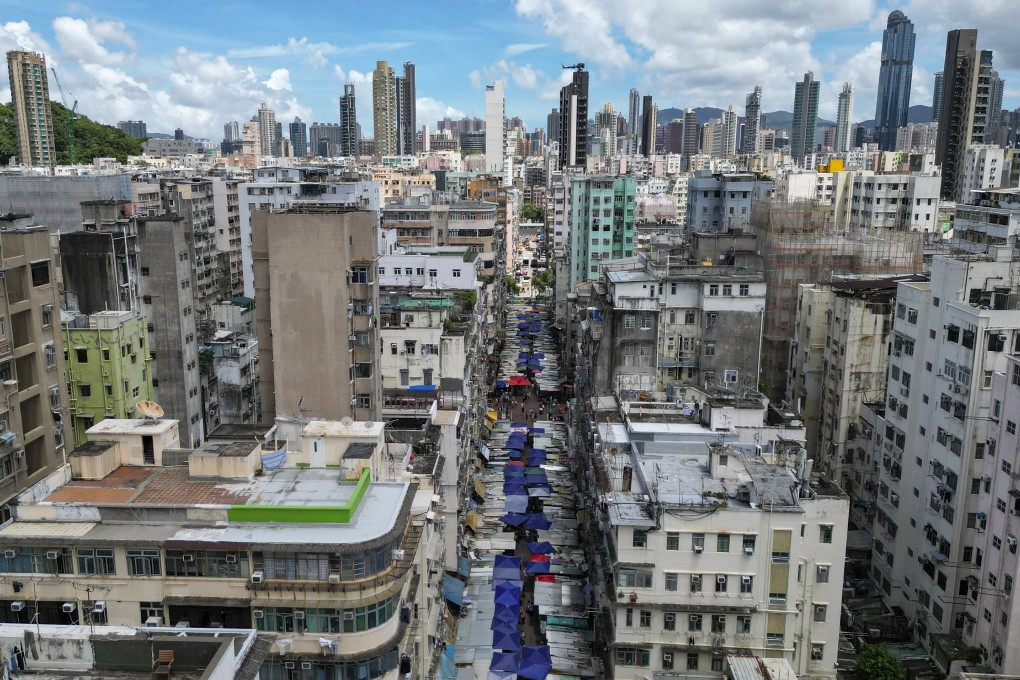Opinion | Hong Kong needs to start decarbonising its buildings. Here’s how
- The EU’s net-zero plan for buildings is a good model. For a start, Hong Kong needs a mandatory energy label for buildings as a basis, and a combination of information, incentives and regulation to succeed

The EU introduced its energy performance certificate (EPC) system for sold or leased buildings in 2002, with A being the best and G the worst. Larger public buildings, which are never sold or leased, must carry a display energy certificate (DEC) to show what they actually use.
There is an important point here. A rating on a building (modelled under idealised circumstances) can be very different from its actual use when occupied. Arguably, both EPCs and DECs are needed, especially for larger buildings. Buildings are all too often over-cooled and over-lit, with lights frequently left on in empty rooms.
Recently, the EU decided to revise its Energy Performance of Buildings Directive, requiring all new buildings to be net zero by 2030 and setting out a timescale for decarbonising existing buildings. Is it time for Hong Kong to follow suit?

